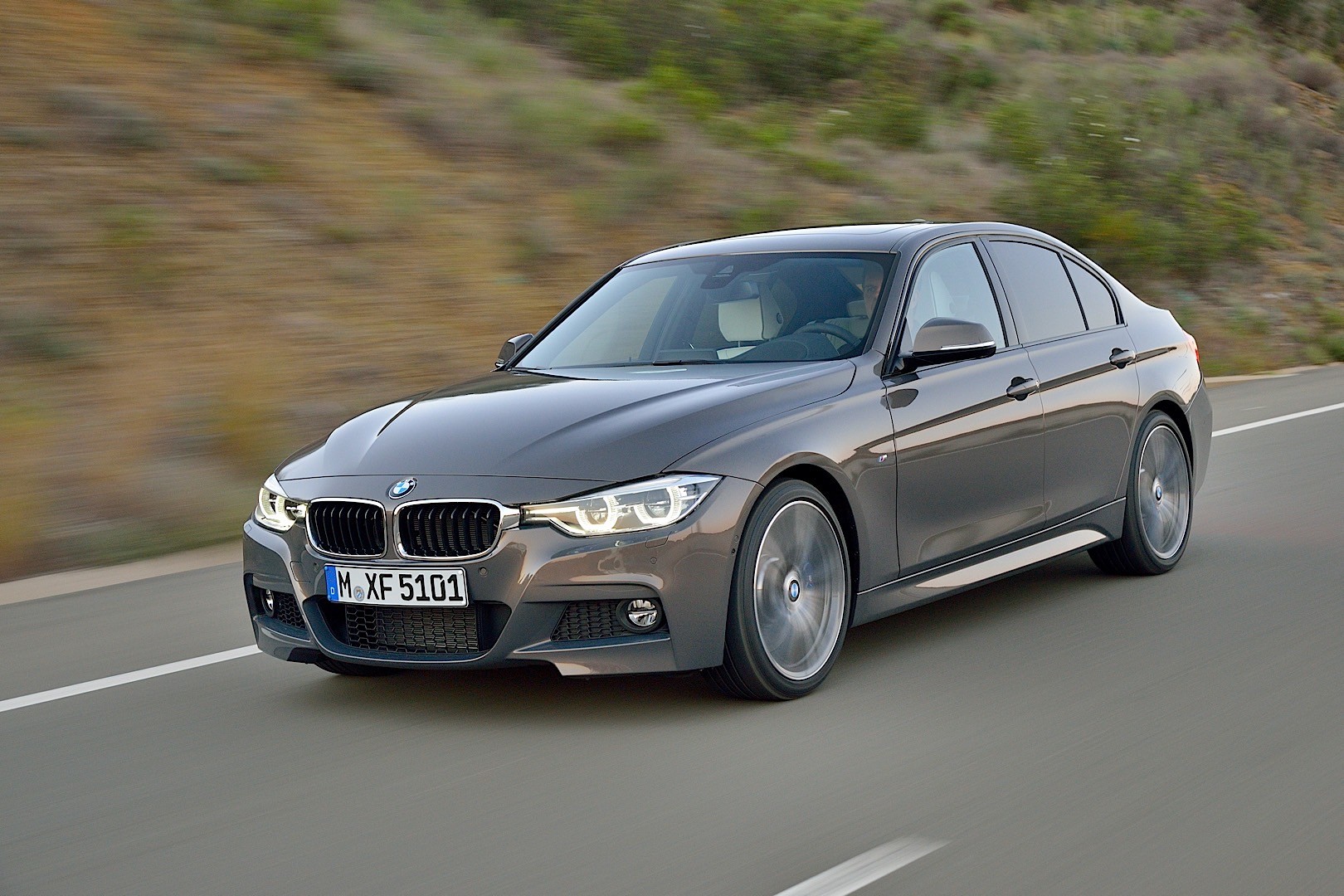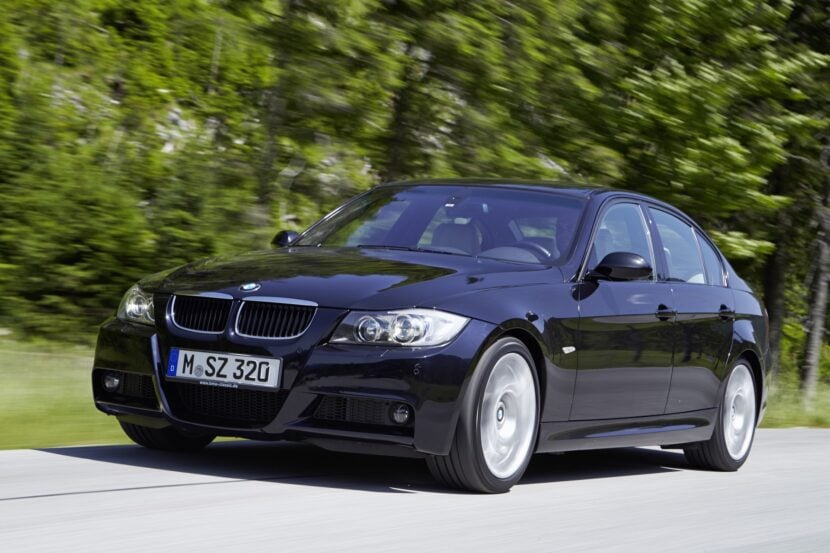I was thinking early today about why modern BMWs just aren’t as universally loved as older ones. When I was in high school, and reading car magazines front-to-back like a madman, there wasn’t a comparison test BMW couldn’t win. In fact, BMW’s endless string of wins led readers to feel as if magazines were paid by BMW. Then, all of a sudden, that stopped and BMW began receiving shame for its lack of steering feel, connection, and joyfulness, all things that used to be its defining attributes. But what happened? What changed to turn one of the industry’s most beloved brands into a punching bag?
So I started digging for answers and I think I found the point where we all collectively stopped just handing BMW wins and it was this comparison test from Road & Track, written by Jason Cammisa, that clicked the lightbulb on in my pea-brained head.
E90 328i vs. F30 328i
In July, 2013, Cammisa wrote a comparison between a 2008 (pre-LCI E90) BMW 328i and a 2012 (F30) BMW 328i. Both were manuals, both were similarly equipped. However, the E90 had a 3.0-liter naturally aspirated inline-six, while the F30 had a 2.0-liter turbocharged four-cylinder. OK, so downsizing its engine was part of the industry’s natural progression to improve fuel economy and emissions. However, that wasn’t the worst part.
The worst part was its steering and ride. BMW went from one of the most delicious hydraulic steering racks in the E90 to numb electronically assisted one in the F30. In the E90, you can feel what the front tires are doing with your fingertips but you only learn about what the F30’s doing after it’s already happened.
It’s a similar story with the ride. To get the F30 to ride like a proper 3 Series, it needed to be fitted with an optional M Sport suspension but the E90 never needed a special suspension option. It felt like a 3 Series regardless.
The F30 is the delineation line, where BMW went from a beloved brand to a mocked one. BMW decided to trade in the heavy, meaty steering of the E90 for soft, light, vague steering in the F30. It traded the firm but nuanced ride of the E90 to the soft and sloppy ride of the F30. And it turned what was once the MVP of the segment it created into a backup player.
BMW’s tone-setter is the 3 Series. It’s the car that BMW built its reputation on. So when the 3 Series goes soft, the rest of BMW goes soft too and the F30 seems to be the point when it all changed for BMW, when it began chasing mainstream success and widespread consumer popularity. There’s no question, the F30 had a broader customer appeal than the E90 and it probably made BMW more money. But the E90 was a better BMW and there hasn’t been a better 3 Series since.






































































